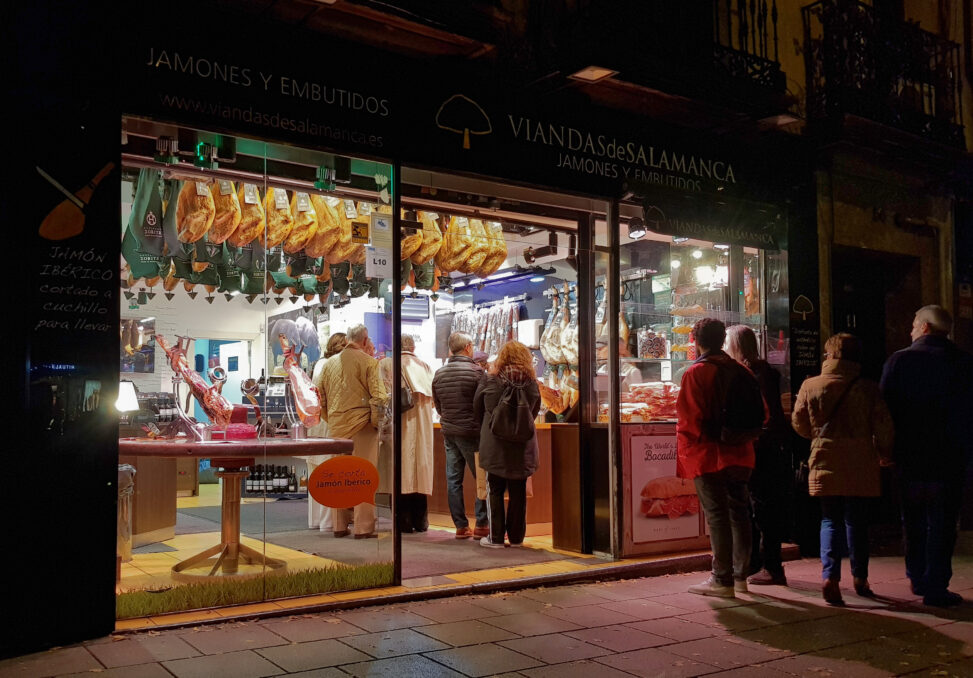I’ve lived in “developing” and “developed” countries. You can probably guess which ones produce the pickiest eaters.
People in wealthy nations sometimes have strange requirements for their food. When they go abroad, they expect locals to cater to these requirements. They don’t realize how crazy and entitled they sound.
I’m not talking about normal cravings for food from home or literal allergies. I’m talking about people doing this:
- They go to a neighborhood cafe in a non-wealthy country and express surprise that there’s no oat milk.
- They complain that there’s no vegan entree in the mom & pop restaurant.
- They write a review of a pastry shop complaining that there are no sugar-free cakes.
- They announce their dietary restrictions as soon as they sit at the table so everyone will have to help them find “something I can eat.”
- They require the restaurant to assemble a special dish just for them that doesn’t have mushrooms because they don’t like the texture of mushrooms and the only dish on the entire menu that they want is the one that contains mushrooms, and all of this has to be communicated through another diner who speaks the local language, often me, hence this rant.
Underneath all of the above is attachment: The person is clinging to requirements that are excessive in this country. They’re also possibly attached to their identity as a sensitive person, or maybe I’m just cranky.
Few of my “third world” friends had special food requirements. People who don’t have a ton of disposable income aren’t interested in buying fake meat and building an identity around it. But it seems common for people from developed nations to believe that basic ingredients cause physical or spiritual harm.
Have you been sucked into that mindset? Here’s an alternative that will lead to a happier life abroad:
- Consider that maybe it’s a stressful job, lack of exercise, or extra weight that’s giving you trouble, not a food sensitivity that requires special products that processed food companies have convinced you to buy. If you solve the problem before you move, you won’t care if your new home has the special products.
- After you’ve moved and adjusted to local foods, try eating the problematic thing. Is it still problematic? Maybe the problem was local to your home country. For example, several people have told me that bread in the US gives them trouble, while they can eat it elsewhere.
- Still don’t want to eat the thing? You can live happily without it and not care whether imitations are available.
Example: Milk
If you can’t drink cow’s milk (I can’t), you can practice attachment or non-attachment.
This is attachment: “The world owes me imitation milk so I can put ‘milk’ in my coffee and eat a bowl of cereal with ‘milk.’”
This is non-attachment: “I’ll adjust to drinking coffee black and find something else to eat for breakfast, like Thai curry! Any excuse to eat curry is good.”
One of the saddest things you can see is a westerner standing before a huge Asian breakfast buffet looking for cereal and imitation milk because it’s “too weird” to eat noodles, congee, steamed buns, or anything else (try some curry!).
Also, sheep are our friends. Move to a country with sheep cheese.
Photo at the top: Madrid, Spain
